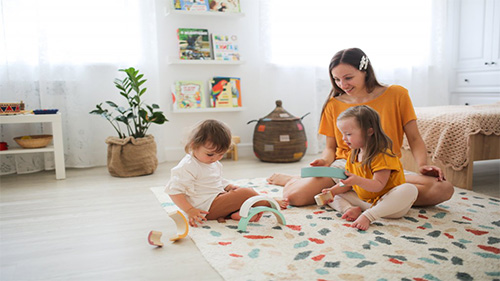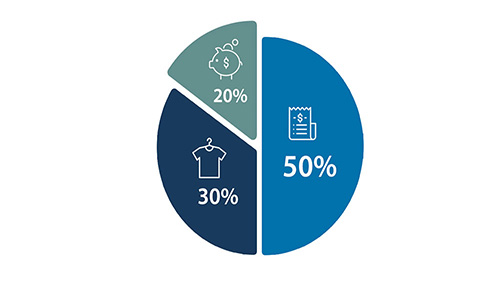How to Raise Children Who Value Memories Over Toys?

In a world where toy aisles are overflowing and birthday parties rival Hollywood premieres, many parents are re-examining what truly enriches their children's lives. The shift from material abundance to meaningful experiences is more than a trend—it's a conscious choice, prioritizing lasting memories over fleeting material comforts.
Toys, with their vibrant colors, interactive features, and endless fun, are irresistible to children. However, research shows that too many toys can diminish the quality of play. Psychologist Dr. Kathy Hersh-Pasek notes that when children are overwhelmed by toys, they often feel overwhelmed, resulting in shorter attention spans and diminished imagination.
Additionally, acquiring material belongings might promote entitlement rather than thankfulness. Encouraging children to value experiences over material possessions can foster a sense of gratitude and reduce materialistic tendencies.
Experiential gifts—such as a day at the zoo, a family cooking class, or a weekend camping trip—offer benefits that cannot be matched by material gifts. Research shows that experiences contribute to children's happiness and health more than material possessions.
Beyond happiness, shared experiences can strengthen family bonds. According to research by Cindy Chan and Cassie Mogilner, experiential gifts foster greater social connection than material gifts, regardless of whether the recipient experiences the gift in front of the giver.
Exposing children to the concept of experiential gifts can be transformative. First, discuss the idea and its benefits. Encourage them to recall past experiences and how those memories made them feel.
Incorporate activities that promote mindfulness and presence. Simple, screen-free activities like nature walks, board games, or storytime can help children appreciate the joy of the present moment.
Raising a child to value memories over material possessions doesn't mean rejecting toys; it's about finding a balance. By prioritizing experiences, we not only enrich our children's lives but also teach them the importance of living in the present moment, gratitude, and meaningful connections.
Recommended for you



